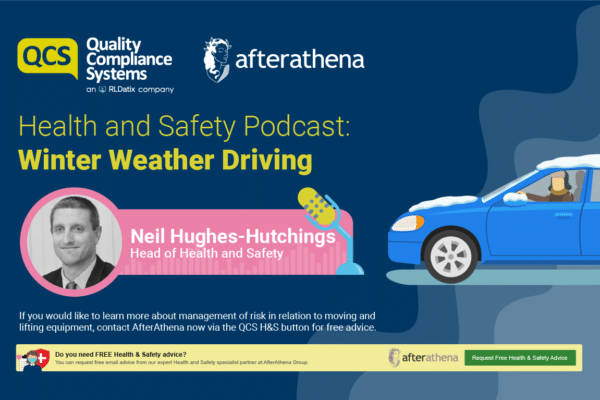Mobile phones are everywhere. I remember a time when there was no such thing as a mobile phone and later when only the select few had one as it was considered a luxury item. Now everyone has a mobile phone, even children. It has become the norm to see the majority of people rushing about their daily business with a mobile phone either glued to their ears or used to send texts using two thumbs. The world has changed and with it the way people communicate. This trend has infiltrated the workplace. We all have heard the constant vibration of a mobile phone in a bag or a bleep from one on a desk in a meeting. We all have mobiles phones and carry them everywhere. I wouldn’t dream of leaving my home without my mobile phone. I, like the majority of the population, believe that we need it to get through the day. We may need it to ring someone if we break down in our cars, have an incident or our children get sick. What if we get lost and need the location NAV to get us to our destinations since we no longer print a route map? What if we suddenly get ill whilst driving? What if the school need to inform us that our children need collecting earlier as I have experienced recently? There are a lot more ‘what ifs’ in our lives that have made the mobile phone a necessity. It is now viewed as essential as having money to pay the bills. So, we bring the mobile phone into the workplace which is an extension of our lives. After all, we still may need to be contacted.
Recently a mobile phone which we all believe is now a necessity to get through the working day became a reason a care worker went to prison. A former care worker at Springwood Day Centre was sentenced to four months’ imprisonment after the death of a service user.
The service user had been on a trip to Kings Mill Reservoir. The support worker, who was providing one to one supervision, lost sight of the service user, who drowned when he suffered an epileptic seizure around the time that he fell into the reservoir.
The investigation found that the support worker spent a significant amount of time on her mobile phone instead of giving her full attention to the service user while walking with him around the reservoir. A tragic death was caused by the lapse in attention of the support worker for the vulnerable service user. The moment the support worker took out her mobile phone the service users vulnerability rating increased.
The action of reviewing phone details by the investigation team demonstrates similarities with the act of using mobile phones and a road traffic collision investigation. One of the first areas checked in a road traffic collision is the use of the mobile phones of the drivers and passengers to understand if the use of a mobile phone was part of the reason an incident happened. It is well known that the use of mobile phones causes a lapse in concentration. The Transport Research Laboratory showed drivers on mobile phones had slower reaction times and stopping times than those under the influence of alcohol and hands-free kits were almost as dangerous as hand-held phones. So, we all now know that using a mobile reduces our concentration and is, therefore, dangerous to use. No longer is the use of mobile phones only being investigated in a road traffic collision but it is now investigated if an incident occurs at work.
The use of mobile phones at work needs to be managed. This has become one of the most important areas to be reviewed and managed in the workplace. The employer needs to consider the safe use of mobile phones and when they are not to be used. The next blog will look at the risks associated with the use of mobile phones and the content of the policy that needs to be written.
QCS POLICIES
QCS have guidance and policies to support your service in meeting the requirements of health and safety.
References
http://press.hse.gov.uk/2017/care-worker-imprisoned-after-the-death-of-service-user/







